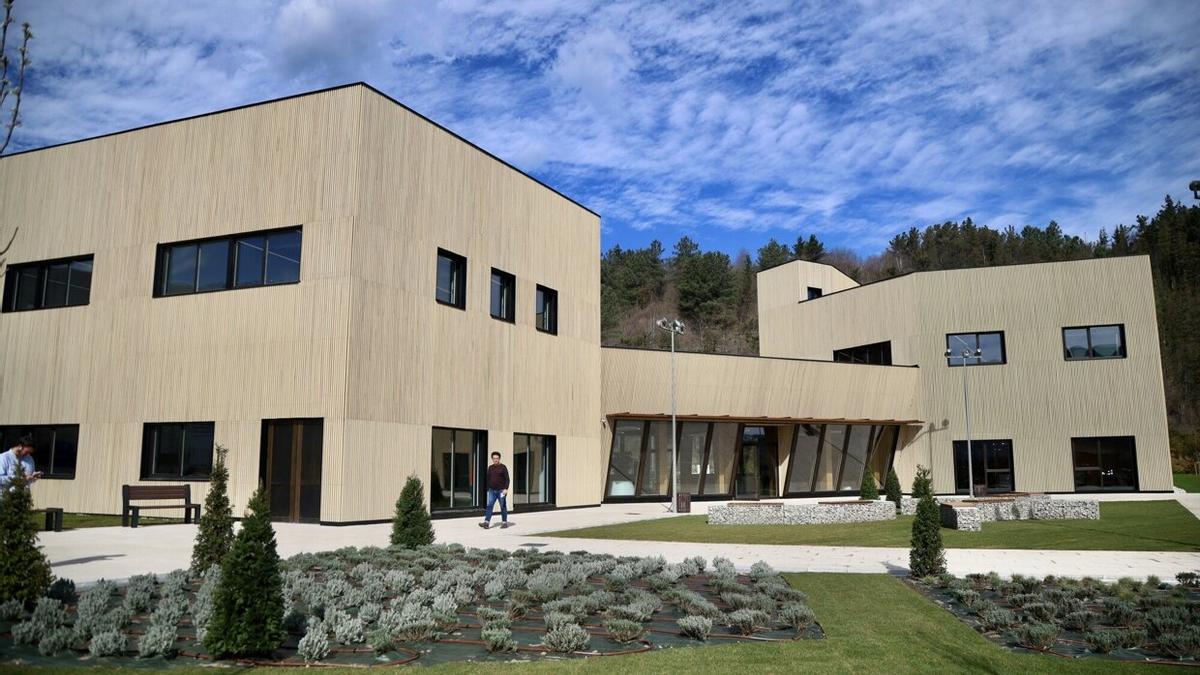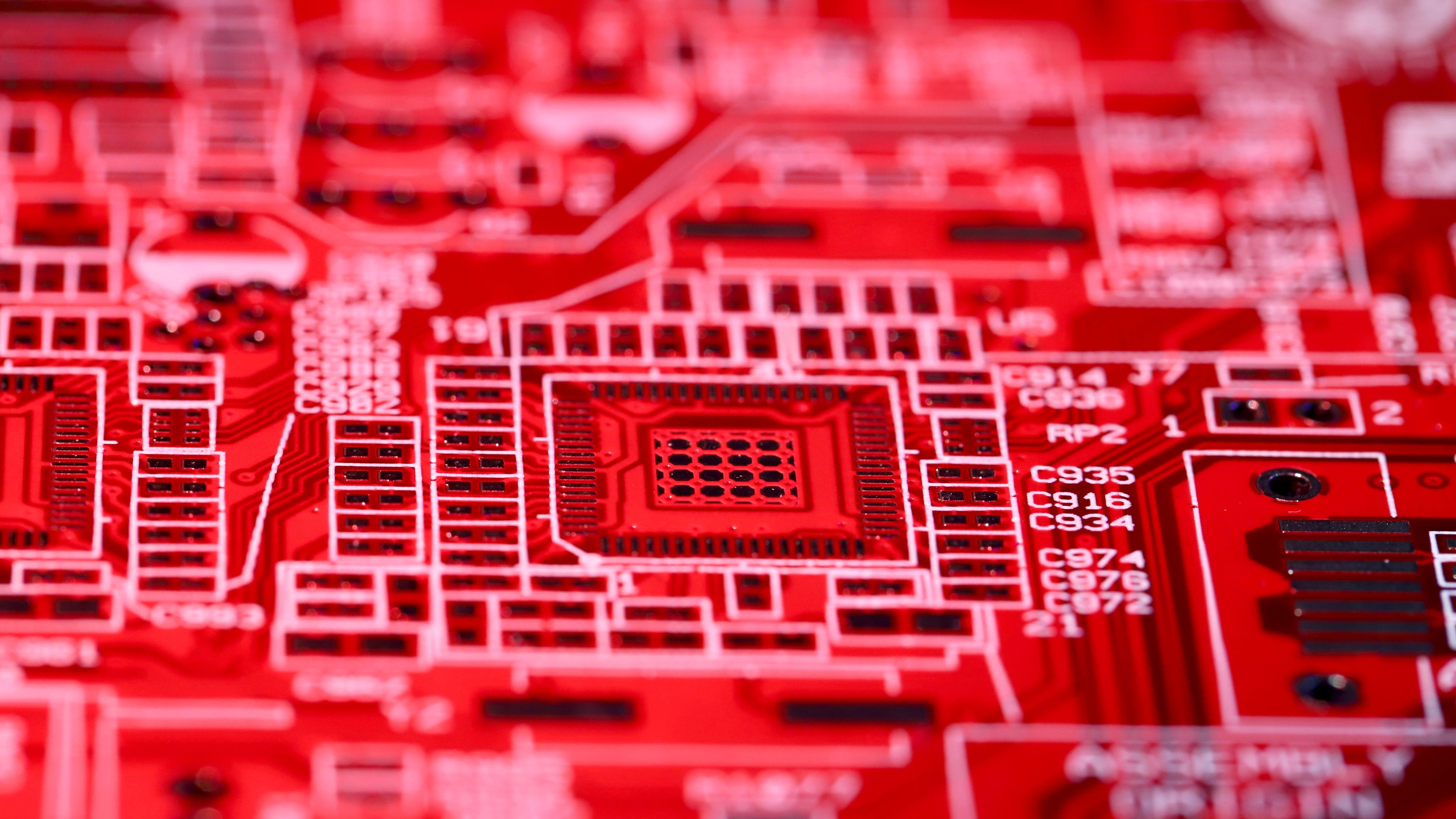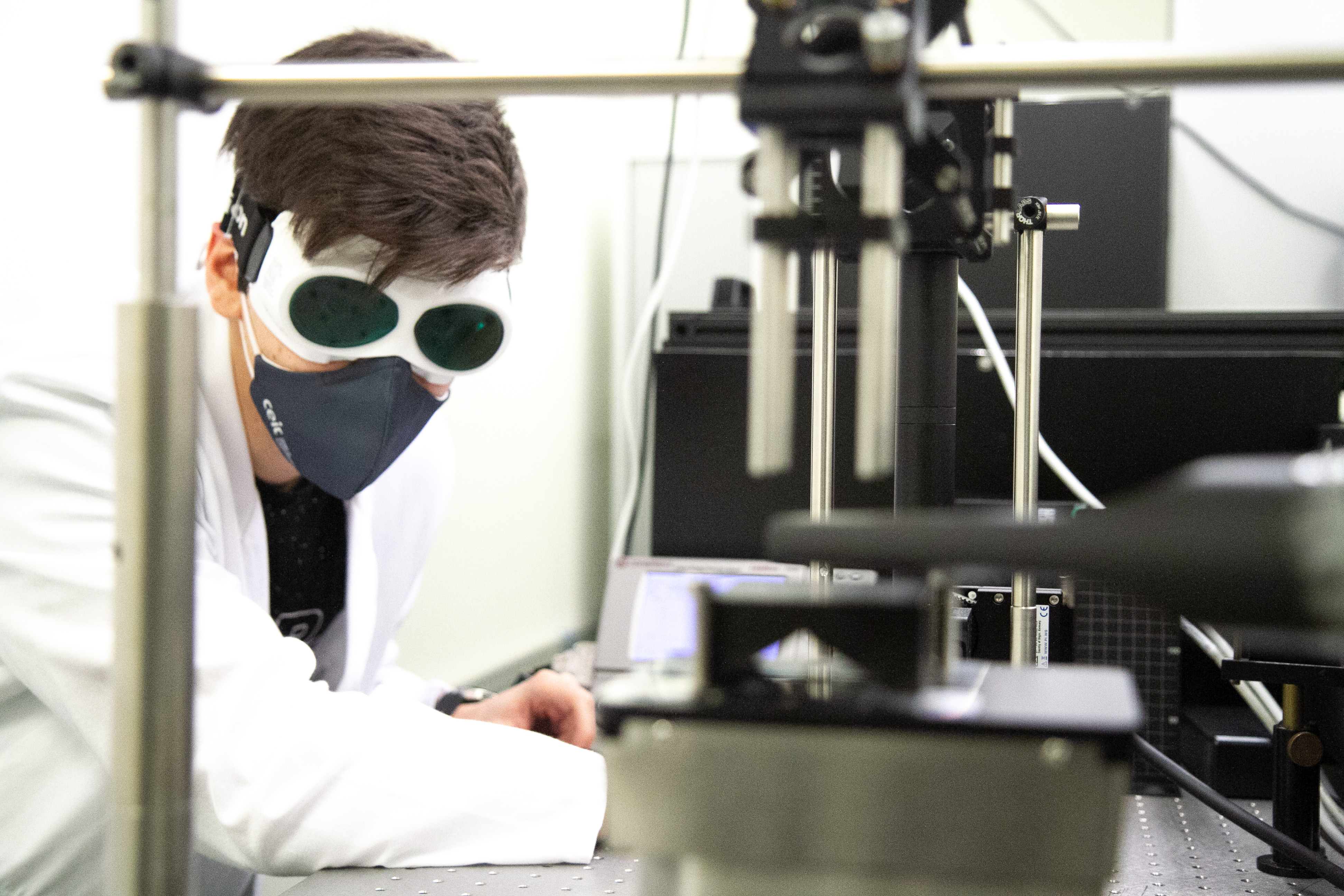Safer column operations thanks to robots and artificial intelligence

23 | 05 | 2023
The technology center Ceit participates in the project MIRAIA, led by the business Cyber Surgery. Funded by the Ministry of Science and Innovation, the project aims to reduce the risks of vertebral operations by improving the precision of robots and the learning capacity of artificial intelligence.
One of the main causes of people's loss of quality of life comes from back problems, for which many people need an operation called transpedicular fixation. This operation, which fixes through screws the relative movement between a set of vertebrae, is very delicate, due to the presence of nerves such as the spinal cord.
goal The project MIRAIA, funded by the Public-Private Projects 2022 program partnership of the Ministry of Science and Innovation, was created with the aim of improving accuracy and reducing operational risks.
The project is led by business Cyber Surgery, whose goal is to improve the quality of life of patients through the development of technological solutions. In particular, they are working on a surgical assistant robot for various operations that will integrate the results of project.
The technology center Ceit, for its part, has been working in this field since the initial project with the group Egile in 2013 and has accompanied Cyber Surgery in the development of its surgical assistant. With the project MIRAIA, the aim is to take advantage of the revolution taking place in the field of artificial intelligence to make the assistant able to act more intelligently and safely at operating room.
Patient and environmental monitoring systems
Two tools will be developed for the project. The first is a patient motion monitoring system and is critical to the success of the robotic operation. The system must be able to measure and record patient motion in real time and provide accurate information to the robot so that it can compensate for any unwanted movement to ensure safe and accurate operation.
On the other hand, tool will be developed to monitor the surgical environment. This system will allow the robot to have a complete view of the environment and to know the exact position of the objects and people present at operating room, allowing it to act in a more intelligent and flexible way.
Together, these two tools will significantly improve the accuracy and safety of robotic surgery, which in turn will benefit the patient and the surgical team.
One solution for multiple sectors
As a result of the aging of the population and the flexibilization of production processes, the interest of industrial companies in robotic systems such as the collaborative robot has increased. Although they are safe, they are not able to perceive their environment and adapt their behavior, unlike the solution that will be developed at framework of project MIRAIA and that will also serve for new applications in fields other than medicine.




